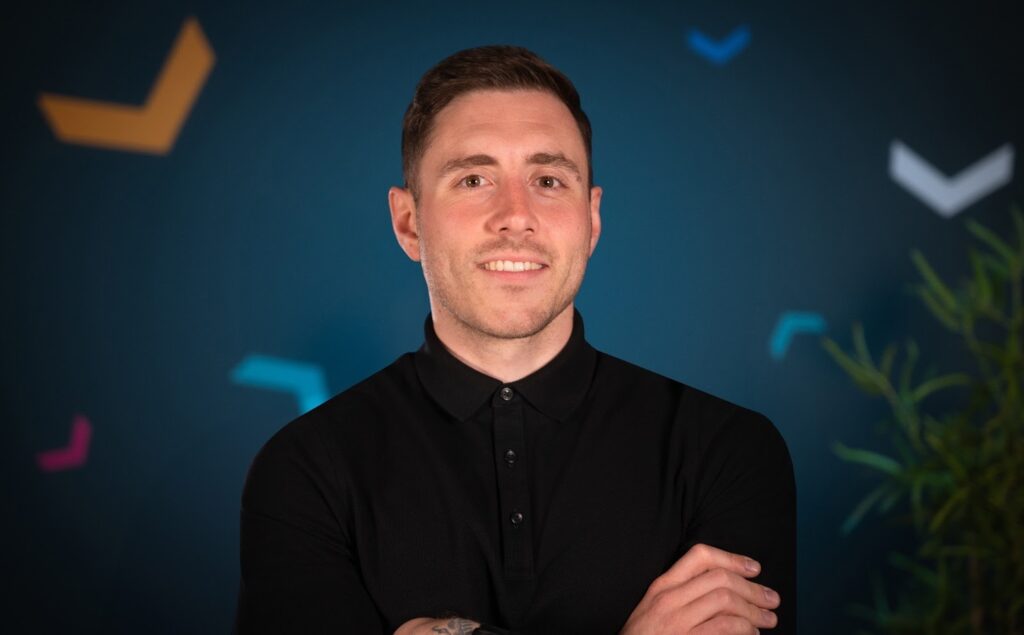As New Data Shows First Time Buyers Now Borrow For 31 Years, Expert Shares His 5 Tips For Those Looking To Get Foot On Property Ladder

A leading property expert today offers his advice to first time buyers looking to get a foot on the housing ladder.
Research has shown that 67% of borrowers purchasing property in 2024 were first-time buyers. And data released this week revealed first-time buyers are borrowing through mortgages that last an average of 31 years as the affordability of homes remains a stretch.
A decade ago, the average mortgage term for those buying a first home was 28 years, according to figures from banking trade body UK Finance.
Property expert Sam Fox of the UK Mortgage Centre, said: “It isn’t easy to get on the property ladder, but data shows that the vast majority of people who secured a mortgage last year were first time buyers with an average age of 34 and an income of £35,900 – so it is possible,” says Sam.
“You’ll realistically need a deposit of about 10% of the purchase price, which does mean you will be looking to buy your ‘for now’ home rather than your ‘forever’ home since the average house price in the UK is about £280,000 – rising to over half a million pounds in London.
“That means you’ll be looking for a deposit of around £25,000 outside of London, and closer to £40,000 if you want to buy a property in London.
“On top of that you need to look at the additional bills from moving house, such as solicitor fees and moving costs – which can quickly add up.
“That’s why it’s really important to know the numbers involved including what monthly mortgage payments and utility and council tax bills will be, and to get a good mortgage advisor. But that’s just one part. There’s five key steps to follow…”
Here, Sam shares those tips:
Open a lifetime ISA
“A lifetime ISA is a really good way to save for your deposit because not only can you save up to £4,000 annually, but the government adds a 25% bonus of up to £1000 each year. It’s only open to UK residents aged 18-39 and funds must be held for at least 12 months before being used for a house purchase. It’s a really smart way to boost your deposit with money from the government and can be used to buy your first home of up to £450,000 anywhere in the UK.”
Get A good mortgage broker
“A whole-of-market broker can search thousands of deals from a wide range of lenders — far beyond what you’d find going direct to your bank. They’ll find the most suitable product based on your financial circumstances, credit history, and goals and it will be based on what is right for you. They can help you access government schemes like Shared Ownership, First Homes, or Deposit Unlock and affordability boosters and they can support you through the entire application process, including the paperwork and liaising with solicitors and lenders. For anyone who is self-employed, has a complex income or a thin credit file, they can help you navigate the market to find the product which is right for you.”
Know your numbers
“It’s not just about the cost of the house or the monthly mortgage payments. If you want to take that first step it’s important you calculate how much you can realistically afford to pay each month for your mortgage on top of the bills, tax and life costs which need to come out of your pay cheque. A deposit is typically about 5-10% of the cost of the home, although there are lots of schemes available which can lower that initial up-front cost. You’ll also have to budget for legal fees, searches and surveys which adds another few thousand pounds to the total. And don’t forget that you’ll probably want to pay for help with moving. Despite stamp duty laws being tightened, first time buyers do not have to pay any SDLT on any residential property up to £300,000 – although this has been cut from £425,000.
Don’t take out any additional credit
“When you are applying for a mortgage your credit rating comes under close scrutiny – so avoid applying for loans, credit cards or use ‘Buy Now Pay Later’ in the months before and during your mortgage application as these will show up.
Any new credit can lower your credit score or affect your affordability calculations which can stop you getting the best deal – or even being offered a mortgage.
Lenders assess your debt-to-income ratio, and new debts can raise red flags. Even unused credit limits can sometimes reduce your borrowing potential so if you have a credit card you don’t use, consider cancelling it at least 60 days before you apply for a mortgage.”
Check your credit report
“Applying for a mortgage isn’t something to go into blind – so get your full credit file history from all three UK agencies: Experian, Equifax, and TransUnion. You can check for and dispute any errors or outdated information which could mean the difference between a yes or a no, or a more preferential rate. You should also make sure you’re registered on the electoral roll at your current address as this helps improve your score. Aim to keep credit utilisation low (ideally under 30% of your limit) and make all payments on time. And if you don’t have a credit history, consider using a credit card to pay for things like petrol and pay it off in full at the end of each month as this will show you can be trusted to pay back borrowing.”





